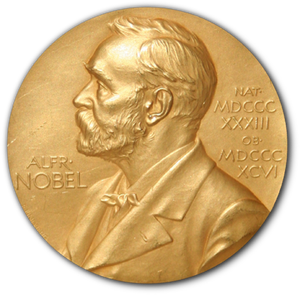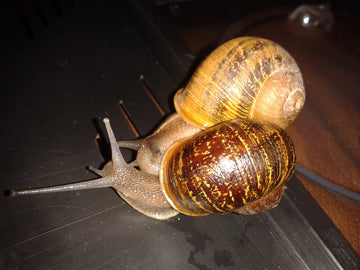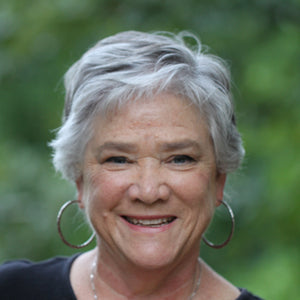Traditional Chinese Medicine Inspires Tu Youyou
When Nobel Prize winning scientist was working on possible cures for malaria, she turned to traditional Chinese medicine for inspiration. One text that she returned to over and over was Handbook prescriptions for first aid, written by Ge Hong. Today, we want to explore this early philosopher who was looking for a medicine that would give immortality.

Ge Hong: Philosopher, Soldier, and Alchemist
The philosopher Ge Hong (283-343 or possible 364) lived during the period of Disunity in China stretching from 220-589 AD. Living a life of poverty after the death of his father, Ge studied the teachings of Confucianism and Daoism under Zheng Yin, a classical Confusionist who was even rumored to be immortal. It was under Zheng that Ge began his studies of the immortal arts, such as alchemy. Alchemy was the study of how to turn base metals into gold or to find an elixir of life.
Later on, however, Ge held a brief military career. Because he disliked the bloodshed and the violent nature of war, he resigned, and refused any promotions or official positions. After this, he lived a reclusive lifestyle near Mount Loufo, a sacred mountain that was home to over three-thousand different kinds of plants.
Ge pursued the idea of creating a medicine that would turn people immortal. Through this work, he discovered numerous herbal remedies to treat diseases. He wrote down over seventy different symptoms and treatment procedures in a pamphlet titled Handbook prescriptions for first aid.

Although Ge failed to develop a medicine to create immortality, his other discoveries greatly impacted ancient Chinese medicine. IN fact, his work was later referenced by Tou YouYou in the latter half of the twentieth century–thousands of years after Ge–to aid in finding a cure for Malaria! Below is the page that contains Ge Hong's medicine for malaria.

To learn more about how Tou YouYou transformed an old medicine into something new, read FEVER!




